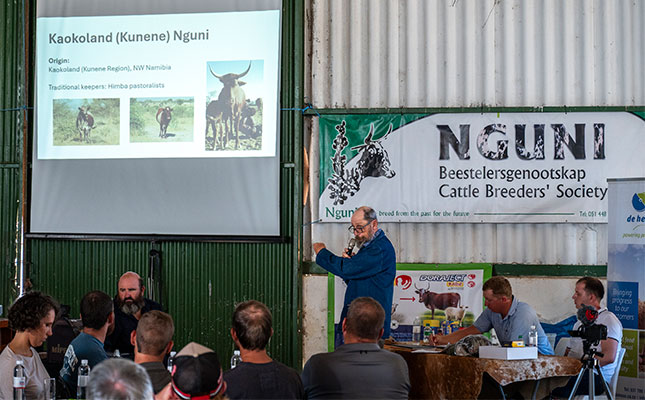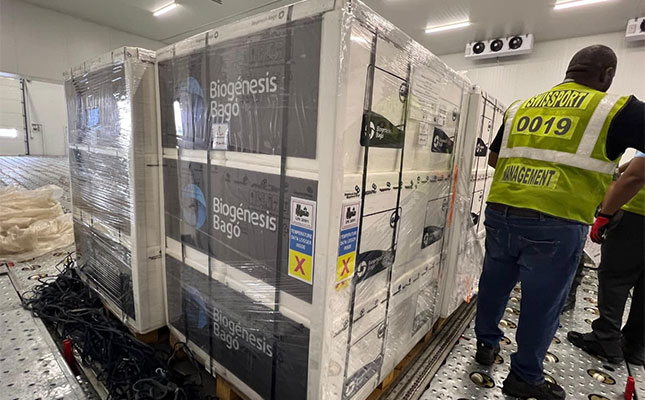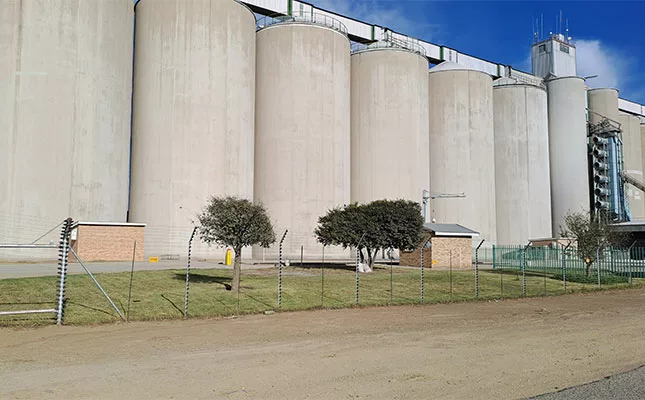
In a recent webinar hosted by the UN Industrial Development Organization, the Small Enterprise Development Foundation Agency (Sedfa) and the South African Essential Oils Producers’ Association, speakers highlighted common mistakes that frequently lead to finance applications being declined.
Zolisanani Ngxobongwana, finance and lending support manager at Sedfa, said a finance application needs to include accurate cash flow projections so the agency can determine if the business is viable.
“One of the biggest mistakes we see in applications is that applicants apply for the maximum amount available through Sedfa. This is often far more than what the business requires and does not take the actual business needs into account.
“When we look at such an application, we are inclined to think the applicant does not understand their business and what their actual needs are. This leads to an application being turned down,” he explained.
Other errors include failure to provide a clear breakdown of how the funding will be used and how repayment will happen. Applications lacking contact details for suppliers who provided quotes for equipment or services are also likely to be turned down, as these details are needed to verify quotes and prevent fraudulent payments.
Ngxobongwana said default notices, which have become more common post-COVID-19, don’t automatically disqualify applicants, but repayment arrangements need to be in place and proof submitted. Once their debts are settled, applicants should request a settlement letter and include it in their application.
Mandisa Maseko, quality improvement support manager at Sedfa, emphasised that only registered businesses employing at least five staff members are eligible for funding. She said correct zoning certificates for business premises are essential, and that certification such as GlobalGAP is often required for market access.
Maseko added that producers also frequently use the wrong testing standards for their oils, and that purity is the most important consideration for essential oils. “If a food-testing standard is used, the results will focus on nutritional value, which is irrelevant to essential oils.”
As South Africa’s essential oil industry continues to grow, speakers emphasised that meeting compliance requirements, maintaining accurate records, and understanding funding criteria will greatly improve producers’ chances of securing finance and expanding their operations.
Get trusted farming news from Farmers Weekly in Google Top Stories.
➕ Add Farmers Weekly to Google ✔ Takes 10 seconds · ✔ Remove anytime









